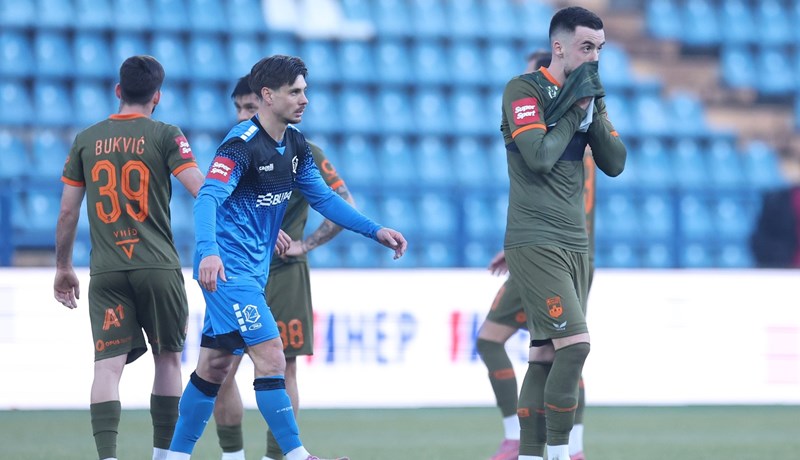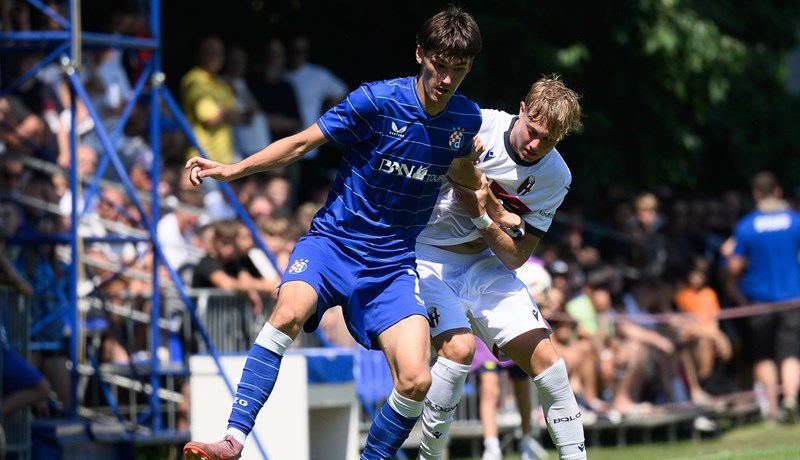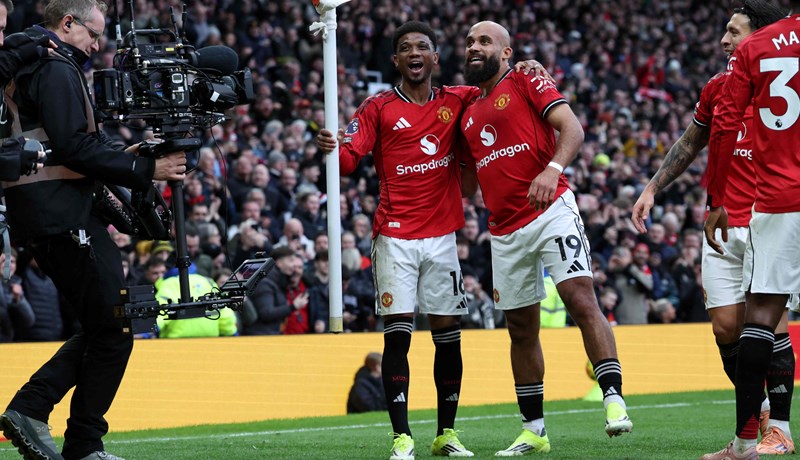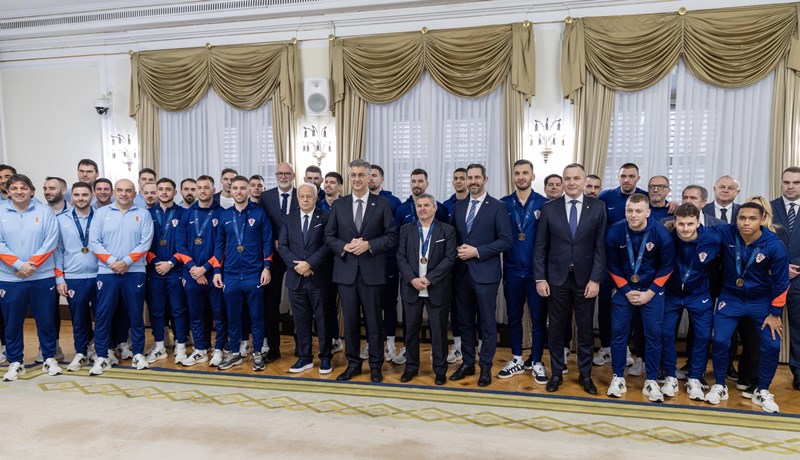"Here I was, a public face prepared to risk his life, career, and everything that fame could have brought, all because of one ideal, one cause, the Croatian cause." These are the words of a man who will be forever remembered in his native folklore.
Destined to hold a high political office someday, Zvonimir Boban first became infamous on the 13th of May 1990. During a hostile clash between bitter rivals Red Star Belgrade and Dynamo Zagreb, a full-scale riot broke out involving the two sets of fans and police. Boban kicked a Yugoslav policeman who had been 'mercilessly' attacking a Dynamo supporter. A nine-month ban followed costing him his place at Italia '90. Remarkably some political analysts suggest that Boban’s kick may have been the spark which ignited the break-up of the former Yugoslavia, leading to the birth of his nation.
Since that incident, Boban has been iconic in his homeland. It was now up to the likes of him to be a role model for the new nation of Croatia.
For the next ten years Boban did his talking on the pitch. A technically outstanding player, encompassing great vision, an exquisite touch, the ability to beat a man and an eye for goal; he was part of Italy's most successful side of the 1990s, AC Milan.
Refusing to be sent out on loan for a second time in his early days at the Rossoneri, he stayed and fought for a place in a side that was restricted to playing three foreigners at any one time. Considering the competition included the likes of Gullit, Papin, Van Basten, Savecevic and later Weah, bravery is a quality Boban was not short of.
It proved to be a battle Zvoni would win, with him being an integral part of the Milan team from 1993 onwards. Playing a variety of positions across the middle of the park, Boban's class always stood out, assists being his prime contribution. He should have been Itlay's player of the season when Milan pipped Lazio for Serie A in 98/99. Playing in an almost free role behind Bierhoff and Weah for Alberto Zaccheroni's side seemed to bring out the best in the Croat. His final ball, so often said to be the thing missing in a game, was the extra class Milan needed to win the league that season.
It’s just a shame niggling injuries saw him never make more than 30 appearances in one season.
For his national side, Boban proved to be a wonderful leader. He played a more central role in a fantastic side including the likes of Suker, Boksic, Jarni and Prosinecki. A quarter final appearance at Euro '96 was a proud moment for the Croats, and 3rd place two years later at the World Cup in France sparked joyous celebrations in the Balkan country. "I think that it was evident through our results and our conduct, how much passion we have for our country and for the jersey we wear".
Always eloquent in his speech. Boban, like Redondo, has a bachelor's degree. Attaining an A- average Boban received the title of 'Professor" when he graduated from his course in history at the Zagreb College of Arts and Letters. Attempts were made to fast track him into politics, but his inexperience and desire to be more educated have pushed that date back somewhat. "My desire to keep on studying has not paled, so I will carry on."
Perhaps a position in the hierarchy of Croatian football is more likely for "The Professor". As President of the Croatian FA we would see what Boban has to offer. He stated that, "I would tuck up my sleeves and work day and night for the good of the sport loved by so many Croats."
In such a role Boban could well improve relations with his former countrymen and now neighbours. Having played with many Serbs, Montenegrans and Bosnians before Yugoslavia's break-up, he has their respect as a player and maybe even grudgingly as a man. If Croats can be seen playing for Red Star, and Serbs for Zagreb it would go a long way to improving relations, and it’s possible some of the old European glory days could return. Boban now has the opportunity to show his class off the pitch, and there is no better man in the young nation of Croatia to spearhead the cause.
Gavin Dunne
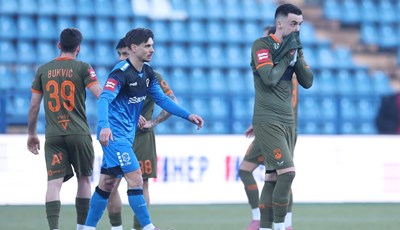
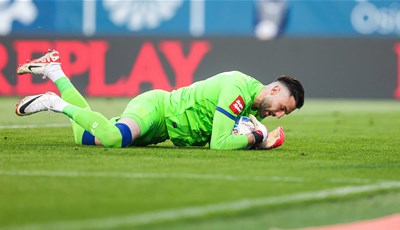
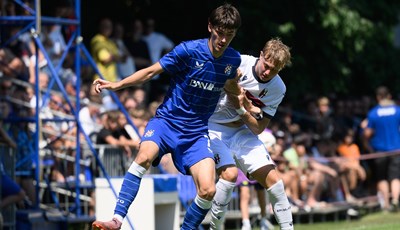

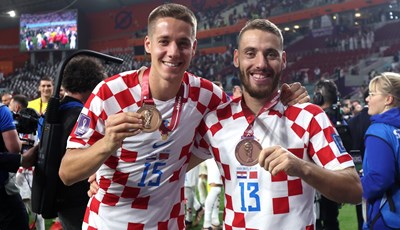
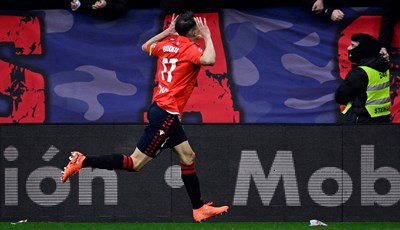
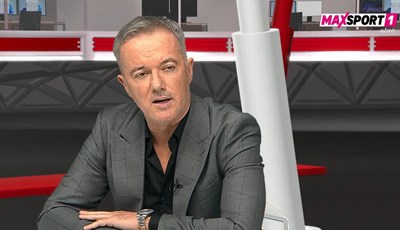
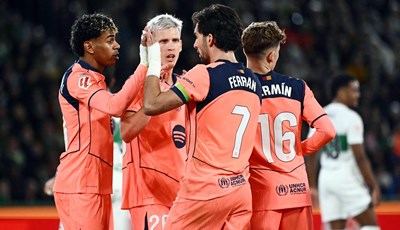
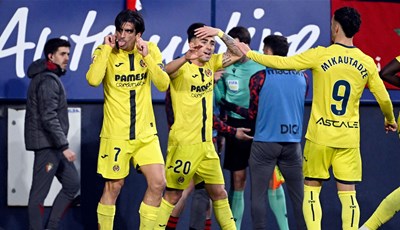


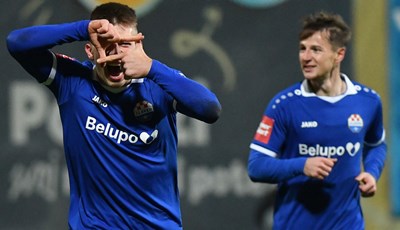
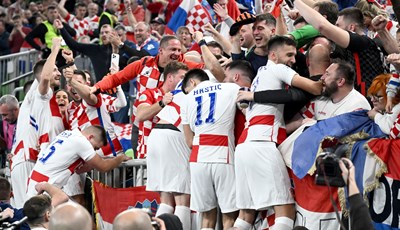
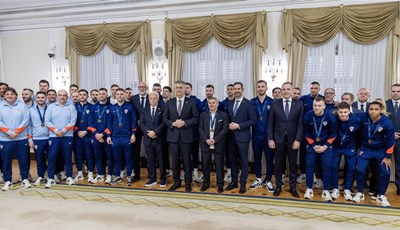
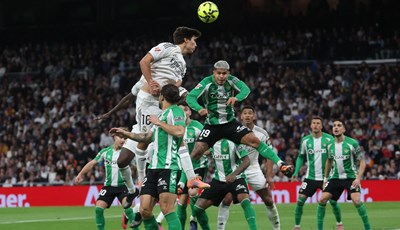


 Al ne moľeą reč da u tome ąto sam napisao nema istine.
Al ne moľeą reč da u tome ąto sam napisao nema istine.




